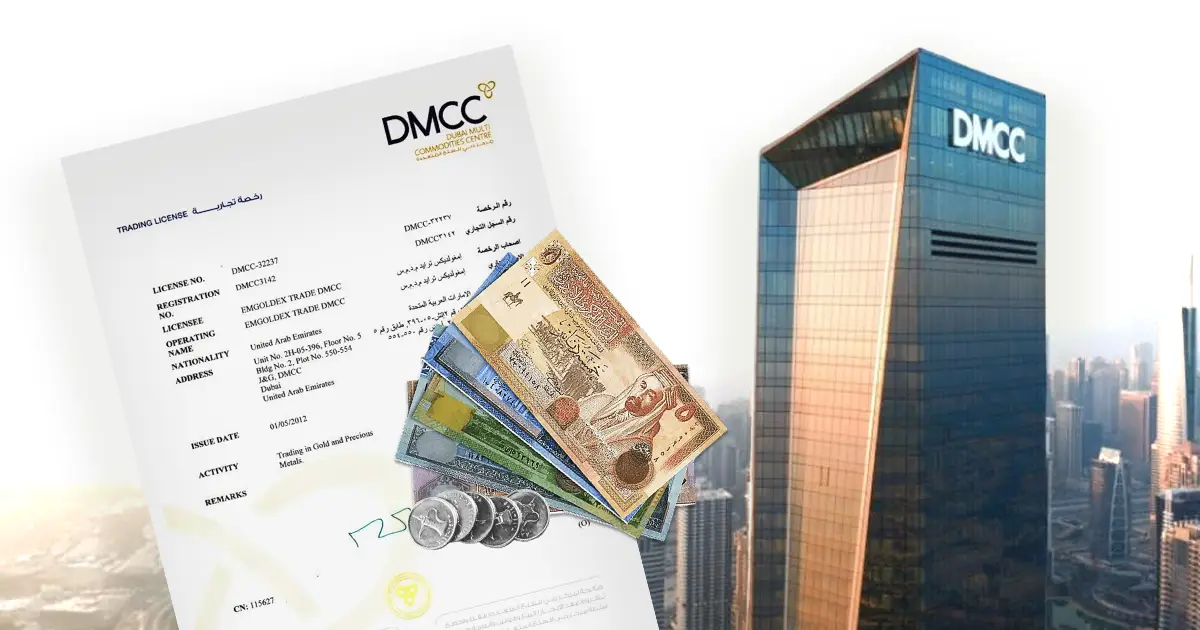The UAE offers a diverse range of legal structures, each designed to meet different business needs. Understanding these different types of companies in the UAE is essential for aligning the legal framework with strategic goals.
A Sole Proprietorship is an establishment owned and operated by a single individual. The owner is personally responsible for all the company’s profits and liabilities.
- Key Features:
- It is simple and inexpensive to set up.
- The owner makes all business decisions.
- No limited liability; personal assets are at risk.
- UAE and GCC nationals usually own commercial and industrial proprietorships.
- Expatriates can set up a sole proprietorship for professional services with a UAE national as a Local Service Agent (LSA).
- Rules and requirements can differ across Emirates, so it’s important to check local regulations before setting up.
-
Civil Company / Professional Company
A Civil Company is a business partnership for professionals in recognized fields such as medicine, law, engineering, and consulting. It allows professionals to offer their expertise to the public.
- Key Features:
- Foreign nationals can fully own (100%) it.
- Requires a UAE national as a Local Service Agent (LSA) who only helps with licensing and has no ownership or control.
- The partners jointly and severally bear the firm’s obligations, meaning they may use their personal assets to cover business debts.
Furthermore, this structure is popular for consulting firms, clinics, and law firms. It is one of the most important types of companies in the UAE for service-based businesses.
-
Limited Liability Company (LLC)
A Limited Liability Company (LLC) is the most common and flexible business structure in the UAE. It is a legal entity that is separate from its owners.
- Key Features:
- It provides limited liability, meaning shareholders’ personal assets are protected from business debts.
- Following recent reforms, an LLC can now be 100% owned by foreign investors for most commercial and industrial activities.
- It can be formed by a minimum of one shareholder (a sole-shareholder LLC) and a maximum of 50.
- An LLC has the freedom to trade anywhere in the UAE and internationally.
This flexibility makes it one of the most popular types of companies in the UAE.
-
Partnership (General / Limited)
A partnership is a business owned by two or more partners. The UAE offers two main types: General Partnerships, where all partners have unlimited liability, and Limited Partnerships, which include both general partners (unlimited liability) and limited partners (liability limited to their investment).
- Key Features:
- In a General Partnership, all partners must be UAE nationals. On the other hand, in a Limited Partnership, only the general partners must be UAE nationals. Limited partners can be foreign investors.
- It is relatively easy to establish.
- Partners share profits, losses, and management duties according to the partnership agreement.
-
Private Shareholding Company
Also known as a Private Joint-Stock Company (PrJSC), this is a company where the capital is divided into shares, but the shares cannot be offered to the general public.
- Key Features:
- It requires a minimum of two and a maximum of 200 shareholders.
- Shareholders must fully pay a minimum capital of AED 5 million.
- The liability of the shareholders is limited to the value of their shares.
- The shares cannot be offered to the general public or listed on the stock exchange.
- It is suitable for larger family businesses or joint ventures that do not require public funding.
-
Public Shareholding Company (PJSC)
A Public Joint-Stock Company (PJSC) is a business that can offer its shares to the public for subscription. Its shares are typically listed on a stock exchange like the Dubai Financial Market (DFM).
- Key Features:
- Requires a high minimum share capital, typically AED 30 million.
- Must have at least 5 founders (previously 10), depending on the project.
- Shares are negotiable; founders subscribe to part of the capital, and the rest is offered to the public.
- Regulated strictly by the Securities and Commodities Authority (SCA).
- Ideal for large-scale projects in banking, insurance, and major industries.
Hence, a PJSC is one of the most complex types of companies in the UAE.
-
Branch of Foreign Company
An established foreign company can open a branch in the UAE to conduct business locally. The branch is considered a legal extension of the parent company, not a separate entity.
- Key Features:
- It is 100% owned by the parent company.
- The branch can only engage in activities similar to those of its parent company.
- A UAE national must be appointed as a Local Service Agent (LSA).
- The parent company is fully liable for the actions and debts of its branch office.
A Representative Office is a limited setup that promotes and markets the products or services of its parent company in the UAE.
- Key Features:
- Generally, it cannot make sales, issue invoices, or carry out commercial transactions, although some Emirates or Free Zones allow limited activities under specific conditions.
- Fully owned by the parent company.
- Requires a UAE national as a Local Service Agent (LSA).
- This setup is ideal for foreign companies that want to explore the UAE market before making a larger investment.
-
Branch of Free Zone Company
This structure allows a company registered in one of the UAE’s free zones to open a branch on the mainland. It is a popular way to bridge the gap between free zone and mainland operations.
- Key Features:
- It allows free zone companies to directly access the local UAE market.
- The branch must obtain a license from the mainland’s Department of Economy and Tourism (DET).
- The permitted activities of the branch are typically a subset of the activities on its parent free zone license.
This is one of the most strategic types of companies in the UAE.





